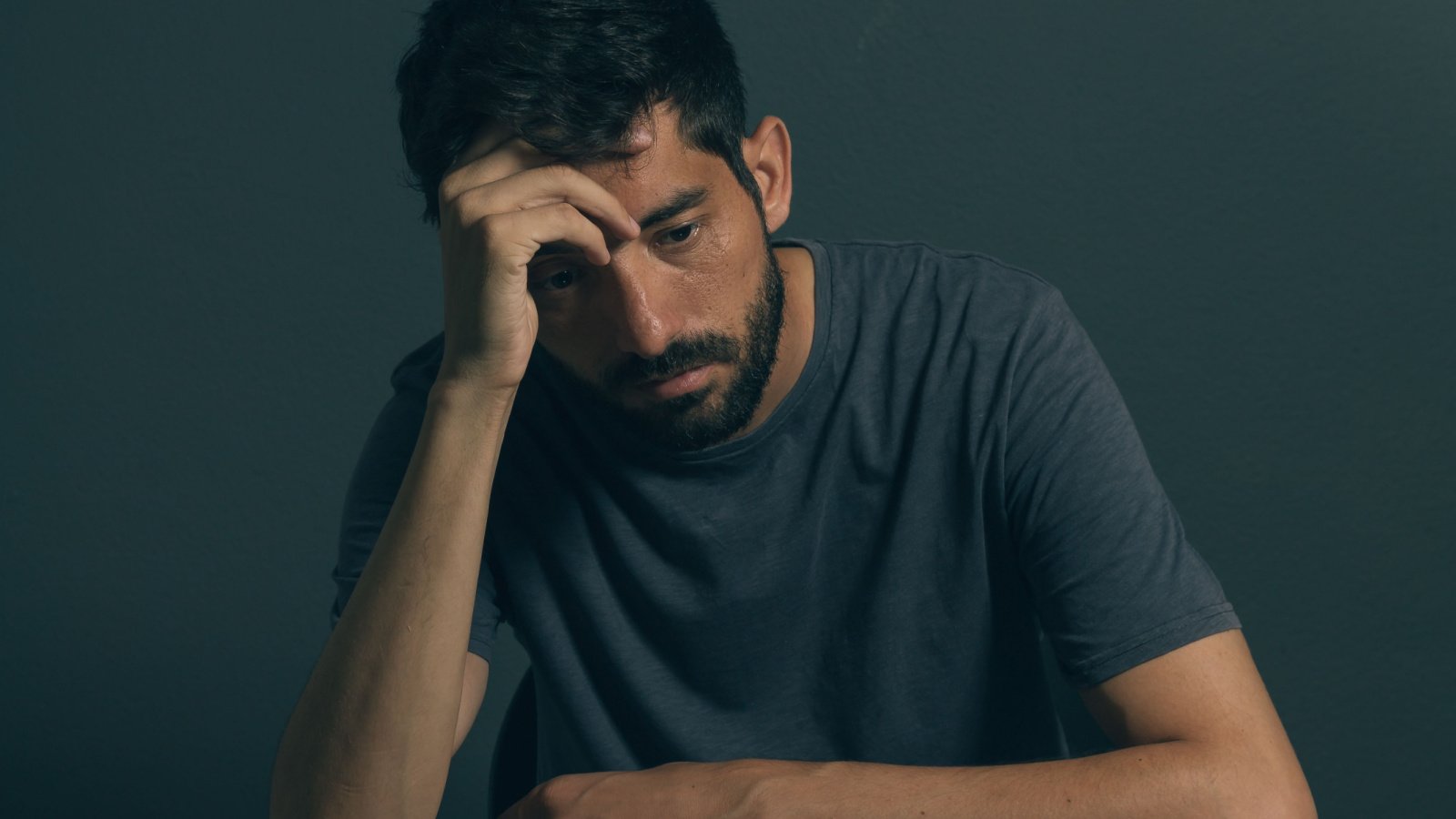Passive people hesitate to take action, preventing them from moving forward in life. They shy away from challenges and new experiences, preferring the comfort and safety of the known. Here are the distinctive traits of passive people who let life simply pass them by.
Avoiding Confrontation

People who are too passive often avoid confrontation to maintain peace, dreading the thought of upsetting others. Over time, this becomes a pattern, leaving their own voices unheard. In the end, they find themselves surrounded by decisions they never had a say in.
Struggle with Decision Making

Passive individuals fear making wrong choices, haunted by the “what ifs.” This reluctance to take charge can lead to missed opportunities and regrets. Their life seems to be more about the choices they didn’t make than the ones they did.
Over-Apologizing

Constantly saying sorry for things that aren’t their fault, they use apologies as a shield to deflect potential conflict, undermining their confidence. It’s a way of making themselves smaller to fit into the spaces left by others.
Lack of Assertiveness

These individuals might rehearse a conversation in their minds but never voice it out loud. They let opportunities to speak their mind pass by, leading to a buildup of unexpressed feelings. Eventually, this silence becomes a comfortable but isolating prison.
Seeking Constant Reassurance

Due to their lack of confidence, passive people often seek approval before taking even the smallest steps. They are plagued by self-doubt and rely heavily on others’ opinions to validate their actions. This dependence on external validation leaves them feeling powerless over their own lives. It’s a never-ending cycle of seeking assurance but never finding true self-belief.
People-Pleasing Tendencies

The desire to be liked and accepted drives passive individuals to go to great lengths to please others. They often sacrifice their own needs and desires to avoid disappointing anyone. This relentless pursuit of others’ approval traps them in a cycle of neglecting their own well-being. In the end, they are left wondering who they really are.
Avoiding Responsibility

Shying away from responsibilities is a common trait among passive people. They fear the repercussions of mistakes and thus, prefer to stay in the background. This avoidance tactic keeps them from growing and learning from potential failures. Life becomes a series of watching from the sidelines, never fully engaging.
Hesitancy to Share Opinions

Passive individuals often keep their thoughts to themselves, especially if they anticipate disagreement. They believe that silence is safer than the risk of being criticized or rejected. This self-censorship deprives them and others of valuable perspectives.
Excessive Flexibility

While adaptability is a virtue, passive people take it to the extreme, bending too easily to others’ wills. They lack firm boundaries and often find themselves in situations they didn’t want. This excessive flexibility can lead to exploitation and resentment. It’s as though their life’s path is determined by the currents of others’ desires.
Reluctance to Initiate Change

Passive individuals are often resistant to change, even if their current situation is unsatisfactory. They prefer the comfort of the known to the uncertainty of the new. This fear of the unknown keeps them stuck in unsatisfying circumstances. Their lives become a series of “what might have been” instead of “what could be.”
Preferring to Follow Rather Than Lead

Leadership requires taking risks and making decisions, which passive people tend to avoid. They feel safer in the shadows, following others’ lead. This preference for following means they rarely explore their own potential.
Ignoring Personal Needs

Passive individuals often ignore their own needs to avoid being seen as selfish or demanding. They believe that by doing so, they are being considerate, but this self-neglect can lead to burnout and dissatisfaction. Their own health and happiness become secondary to others’ comfort.
Difficulty Setting Boundaries

The inability to set healthy boundaries is a common struggle for passive people. They fear that asserting limits will drive others away. As a result, they often find themselves overcommitted and overwhelmed. Life for them is a constant battle of trying to keep everyone happy, often at their own expense.
Tendency to Procrastinate

Procrastination is a way to delay facing decisions or actions that might lead to conflict. They convince themselves that “later” is better, but this only leads to a pile-up of tasks and increased stress. Their lives become a cycle of dodging and deferring, never quite catching up.
Feeling of Powerlessness

A pervasive sense of powerlessness can envelop passive individuals, making them feel like life is something that happens to them, not something they can influence. They often feel subject to the whims of others and the circumstances around them. This resignation to fate leaves them feeling stuck and helpless.
Resentment Build-Up

While passive on the surface, these individuals can harbor deep-seated resentment from constantly putting others first. This bitterness simmers quietly, sometimes erupting unexpectedly. Their life is like a calm river with strong undercurrents.
Lack of Personal Goals

Passive people often lack clear personal goals, as setting them requires making active choices and commitments. They might have vague dreams but no concrete plans to achieve them. This lack of direction makes their journey through life aimless and unfulfilling. They drift, waiting for external forces to set their course.
Fearing Failure

The dread of failure paralyzes passive individuals, preventing them from trying new things. They view failure as a mark of personal inadequacy. This fear keeps their world small and their experiences limited. Life becomes a series of safe choices and missed adventures.
Suppressing Emotions

To avoid conflict or discomfort, passive people often suppress their emotions, pretending everything is fine even when it’s not. This denial of their true feelings can lead to emotional disconnect and mental health issues. They wear a mask, hiding their turmoil behind a facade of tranquility.
Reliance on Others for Happiness

Their happiness often hinges on the approval and presence of others, making it fragile and dependent. They place their emotional well-being in the hands of others. Their quest for happiness is external, leaving them perpetually unfulfilled.
Ignoring Inner Voice

The inner voice that guides and warns us is often muted in passive individuals. They ignore this intuition in favor of blending in or avoiding conflict. This neglect of their inner wisdom leads them down paths that may not align with their true selves.







